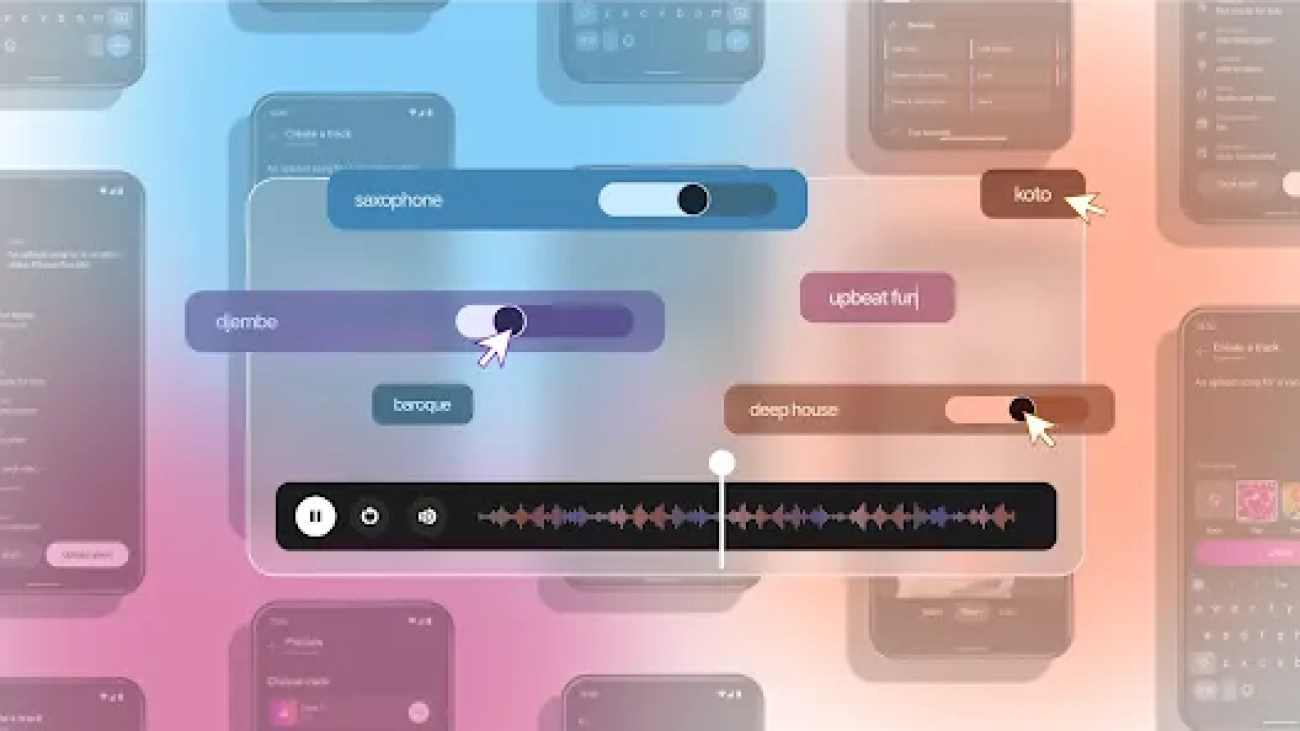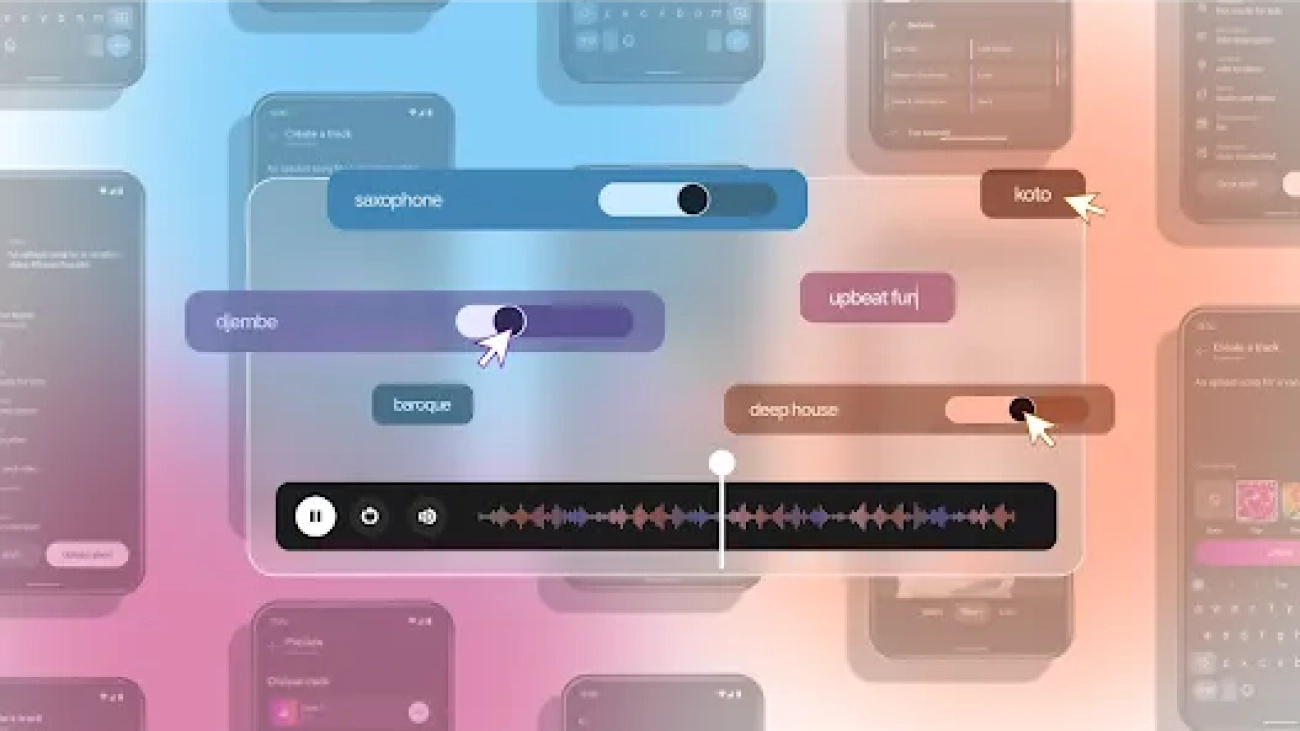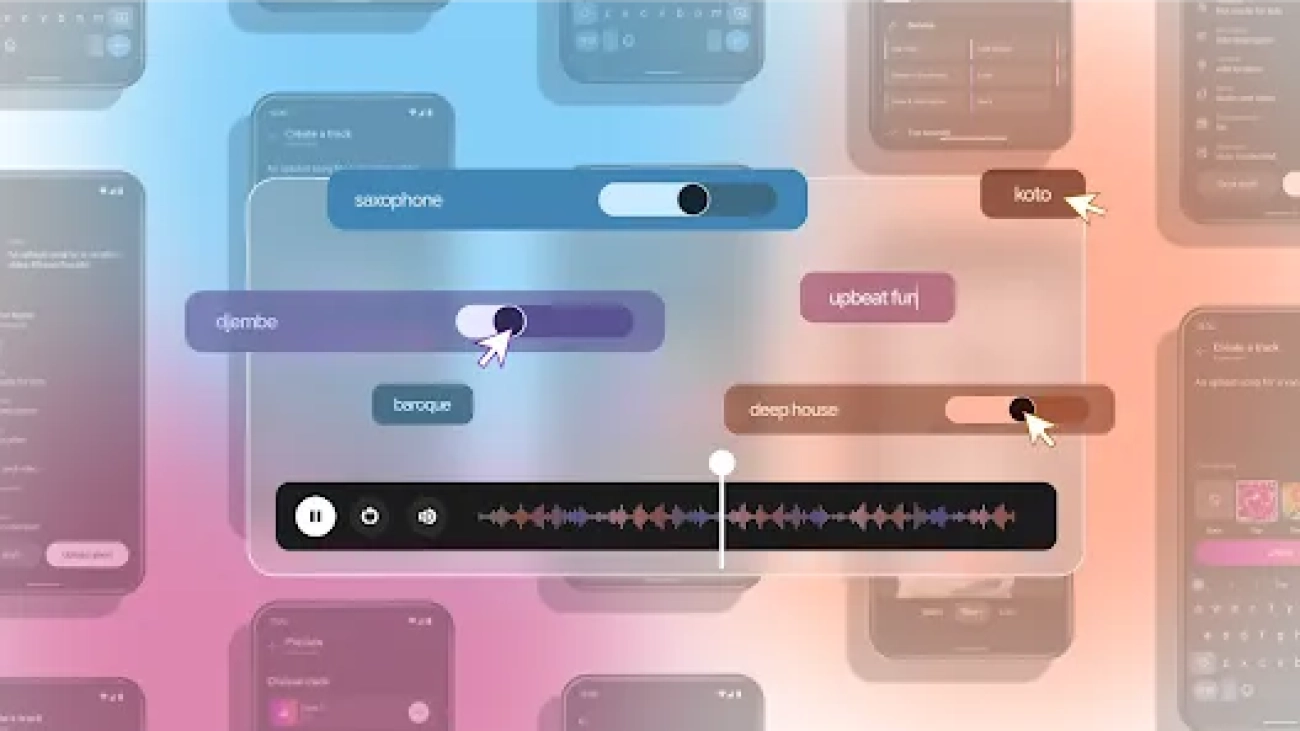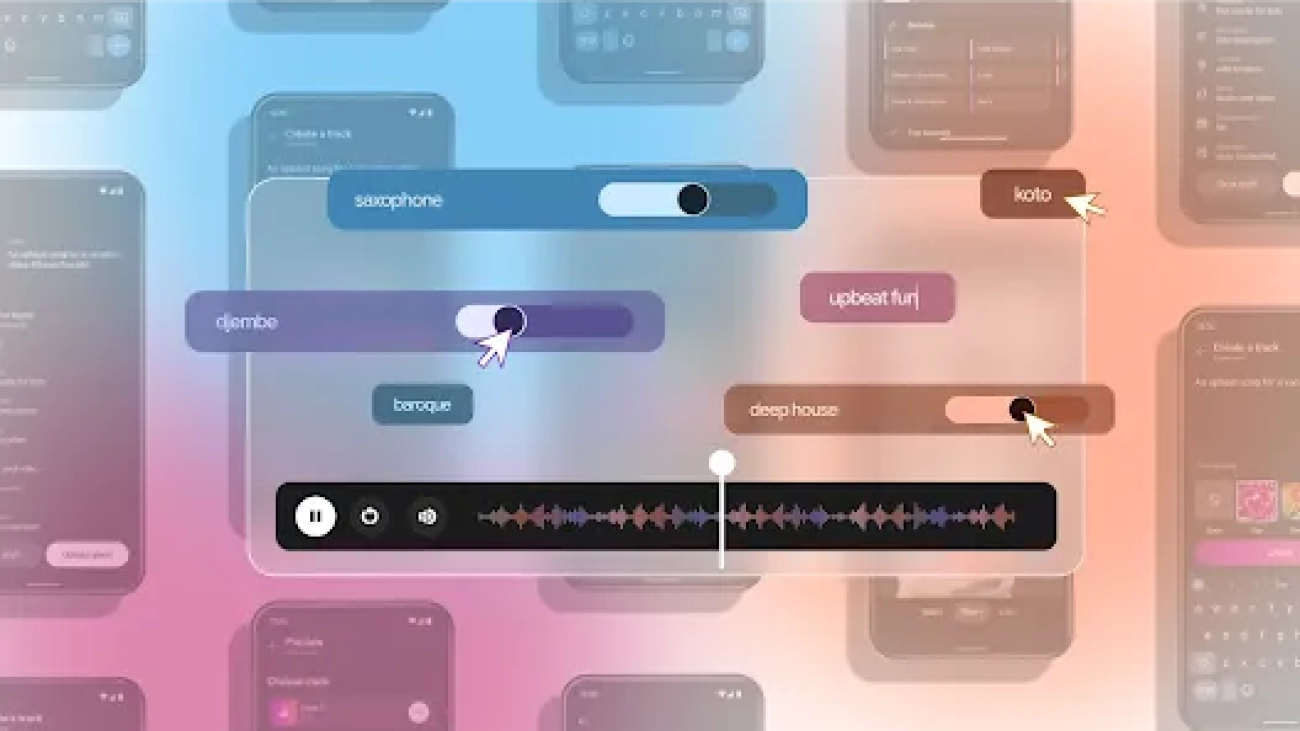Our latest AI music technologies are now available in MusicFX DJ, Music AI Sandbox and YouTube ShortsRead More
New generative AI tools open the doors of music creation
Our latest AI music technologies are now available in MusicFX DJ, Music AI Sandbox and YouTube ShortsRead More
New generative AI tools open the doors of music creation
Our latest AI music technologies are now available in MusicFX DJ, Music AI Sandbox and YouTube ShortsRead More
New generative AI tools open the doors of music creation
Our latest AI music technologies are now available in MusicFX DJ, Music AI Sandbox and YouTube ShortsRead More
New generative AI tools open the doors of music creation
Our latest AI music technologies are now available in MusicFX DJ, Music AI Sandbox and YouTube ShortsRead More
New generative AI tools open the doors of music creation
Our latest AI music technologies are now available in MusicFX DJ, Music AI Sandbox and YouTube ShortsRead More
Demis Hassabis & John Jumper awarded Nobel Prize in Chemistry
The award recognizes their work developing AlphaFold, a groundbreaking AI system that predicts the 3D structure of proteins from their amino acid sequences.Read More
Demis Hassabis & John Jumper awarded Nobel Prize in Chemistry
The award recognizes their work developing AlphaFold, a groundbreaking AI system that predicts the 3D structure of proteins from their amino acid sequences.Read More
Demis Hassabis & John Jumper awarded Nobel Prize in Chemistry
The award recognizes their work developing AlphaFold, a groundbreaking AI system that predicts the 3D structure of proteins from their amino acid sequences.Read More
Demis Hassabis & John Jumper awarded Nobel Prize in Chemistry
The award recognizes their work developing AlphaFold, a groundbreaking AI system that predicts the 3D structure of proteins from their amino acid sequences.Read More










